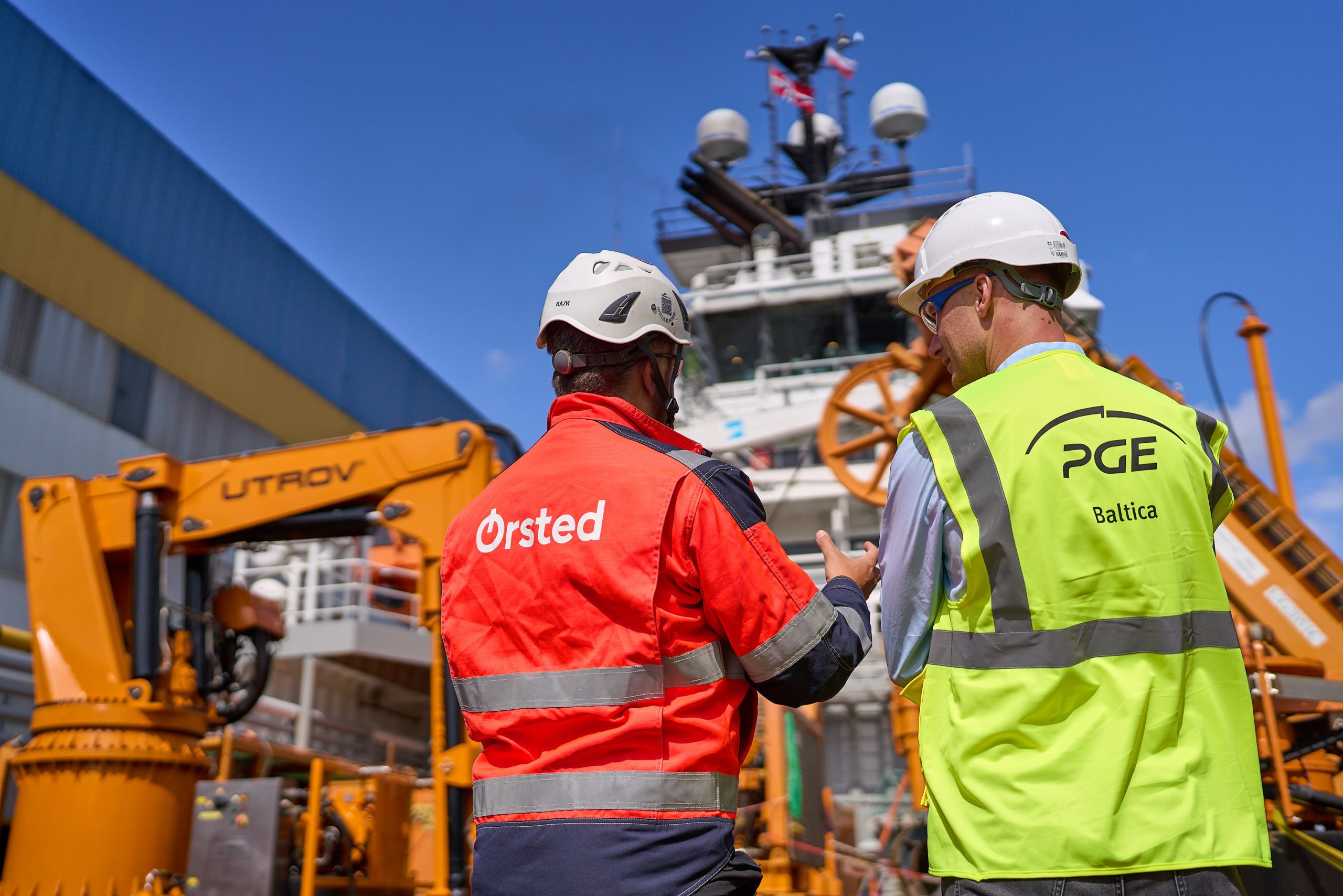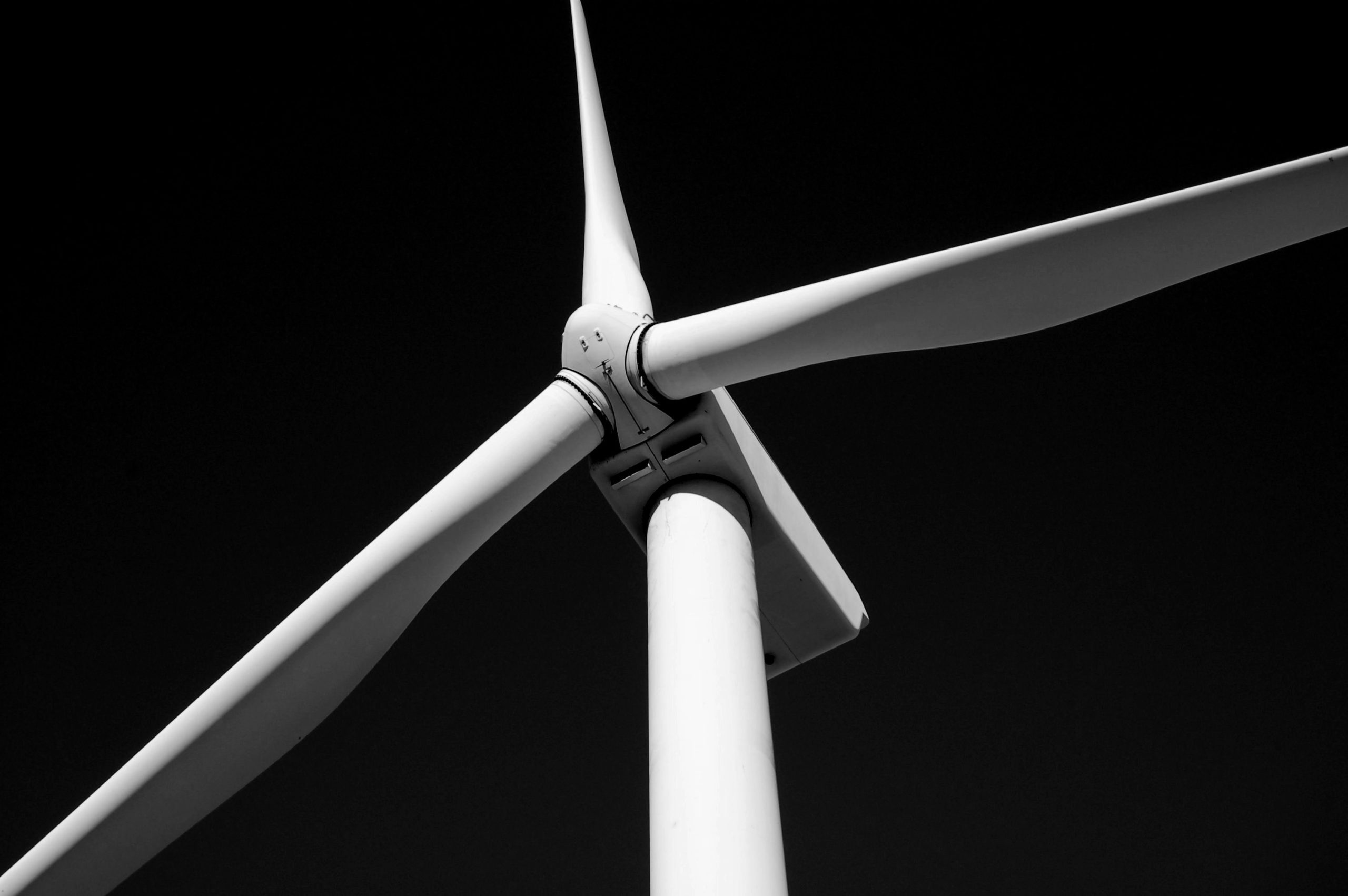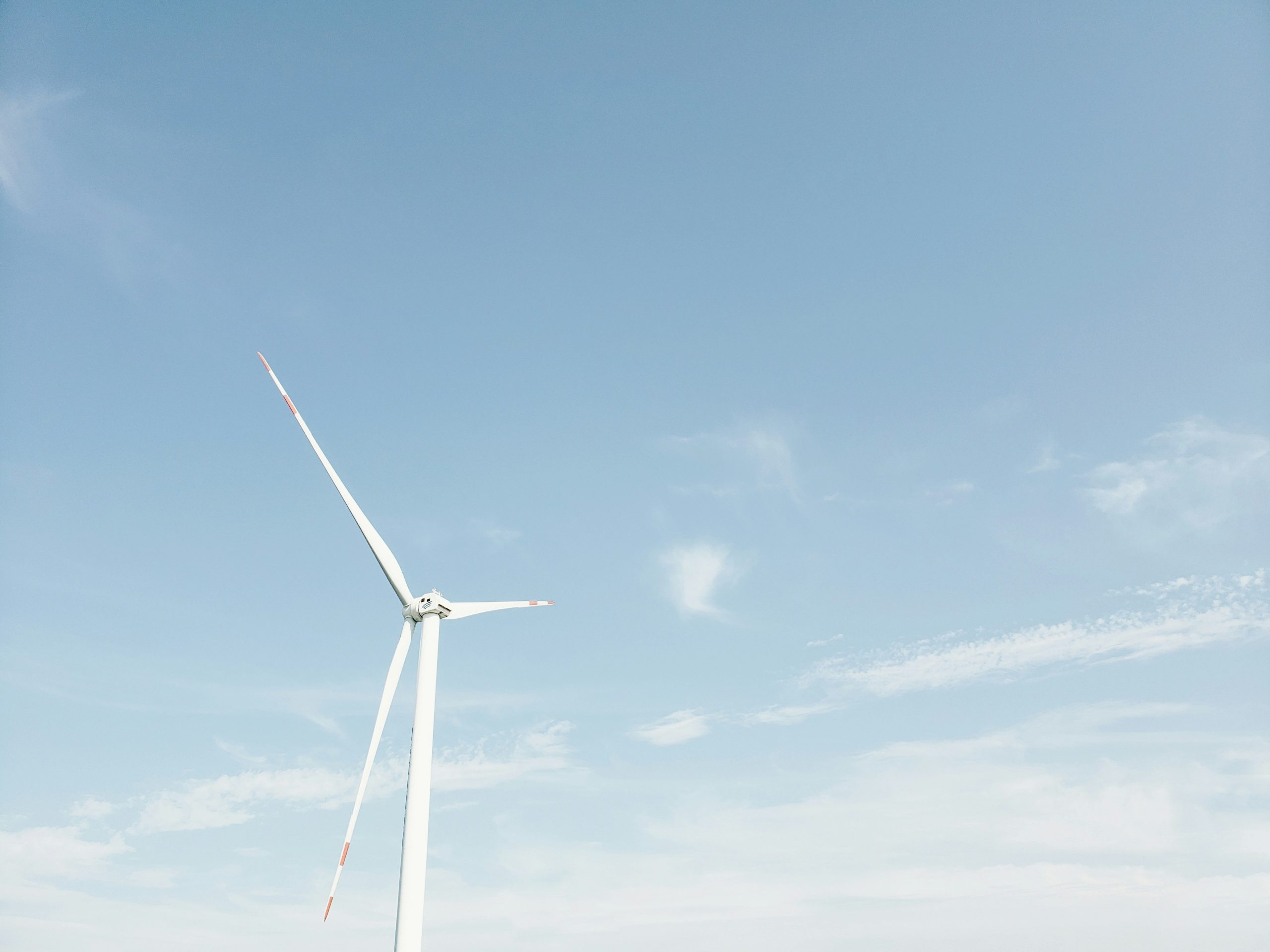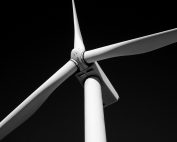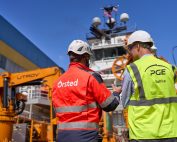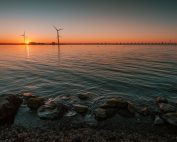In a recent interview with BalticWind.eu, Valery Godinezazcuaga, Director at the Sensoria™ Center of Excellence, shed light on the pivotal role of the Fourth Industrial Revolution’s technological advancements in accelerating wind farm development.
“If we put the development of wind energy in the context of the historic industrial revolutions, we can say that the modern basis of the wind industry was put in place during the Second Industrial Revolution,” remarked Godinezazcuaga.
The wind energy sector has seen significant growth since the inception of the first megawatt-sized turbines during the Third Industrial Revolution. However, the current emphasis is on offshore wind generation, which demands further innovation in several crucial technologies. By adopting solutions like monitoring systems for wind turbine drive trains, non-destructive evaluation techniques for rotor blade inspections, and remotely operated vehicles for offshore turbines’ underwater components from other industries, the wind energy sector has expedited its development.
The Fourth Industrial Revolution, marked by the integration of digital and physical realms, has introduced “Wind 4.0” to the industry. This concept aims to boost turbine reliability and energy output through cutting-edge technological solutions.
“The acceleration of wind farm development, especially offshore, will heavily depend on the technological advances of the Fourth Industrial Revolution,” emphasized Godinezazcuaga.
However, challenges persist. The shift towards Wind 4.0 has led to the generation of vast amounts of data throughout a wind turbine’s lifecycle.
“To me, one of the most essential technological bottlenecks is how to turn data into actionable information that can be used to improve the performance of wind turbines without affecting the machine’s structural health,” Godinezazcuaga pointed out.
Furthermore, Godinezazcuaga highlighted the importance of transferring solutions from industries like oil, gas, and traditional power utilities to the renewable sector. Such transfers, which include technologies developed for offshore oil rig construction now being used for offshore wind turbines, accelerate the wind industry’s growth by avoiding the need to “reinvent the wheel.”
In conclusion, as Europe moves towards green reindustrialization under the NetZero Industry Act, the technological advancements of the Fourth Industrial Revolution will play a crucial role in shaping the future of the wind energy sector, especially offshore wind farms.
Source: BalticWind.EU



